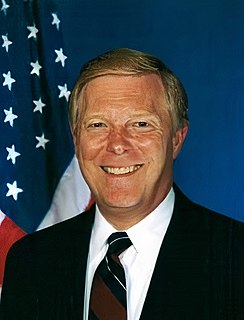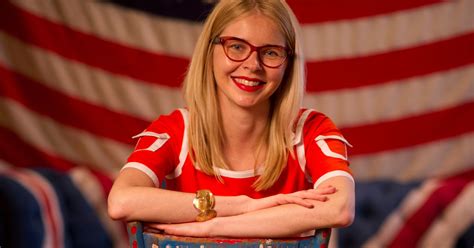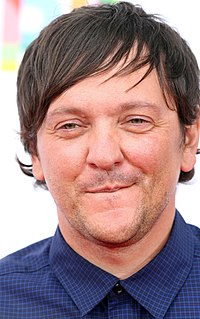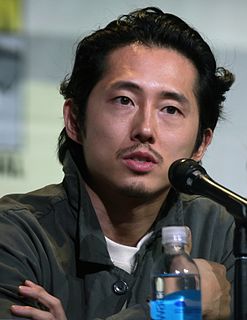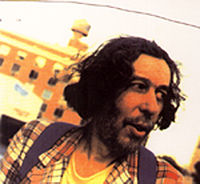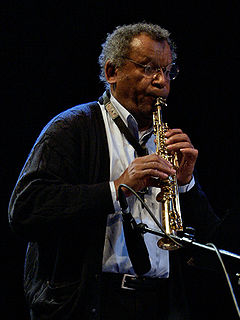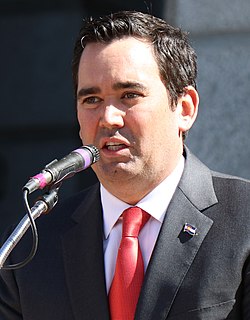A Quote by Dick Gephardt
I grew up in the '50s and '60s when Jack Kennedy was president. We would watch him on television. And our teachers always talked about the good things public servants could do. I thought maybe that's something I should do. So when I got out of law school, my wife, Jane, and I became precinct captains.
Related Quotes
Once I got into high school, any time I had to do a talk or a speech, I just loved being up in front of an audience, it was always a character. And then I discovered that an impersonation of the teacher was a really, really good way to get a laugh, and it would also get you good marks, because the teachers were always bored and loved to be the "teacher-parody." So that became my little trick at school, and I became known for doing that.
I was always in and out of school. What I learned in high school is that female friendships are so much more important than worrying about having a boyfriend or looking good or things like that. I had such a good girlfriend growing up that we didn't need anything. We had such a creative world of our own imagination together. For me, if I have a child, I would say, "I hope you find a best friend that makes it so you don't really need much but each other." Learning about that type of friendship and trust is one of the best things I ever got out of school.
I can't justify taking one minute of free time for myself. I'm restless to do things. Anything! Hell, I'll watch Top Chef and I think, "God, maybe I could be a chef," I'll watch a dancing show and think, "God, maybe I can be a dancer." I mean, that's how I got into acting. I visited an improv show and thought, "Hey! I could do this." It sounds like arrogance, but I don't think it is... just an ambition to reach out and touch something new.
I've always thought that the President could do so much here to help change images. If the President would go into a public bathroom in the Capitol, and have the TV cameras film him cleaning the toilets and saying 'Why not? Somebody's got to do it!' then that would do so much for the morale of the people who do the wonderful job of keeping the toilets clean. I mean, it is a wonderful thing that they're doing.
I had not been involved in any way in planning the event in Mobile. My staff maybe, had really been contacted, but I had never talked to Donald Trump about him coming to Mobile, and I decided - I had something else to do but it became so clear that it was going to be such a big event that I should be there. And he had already adopted my immigration views, in large part, and he was saying things I thought were valuable, about immigration.
